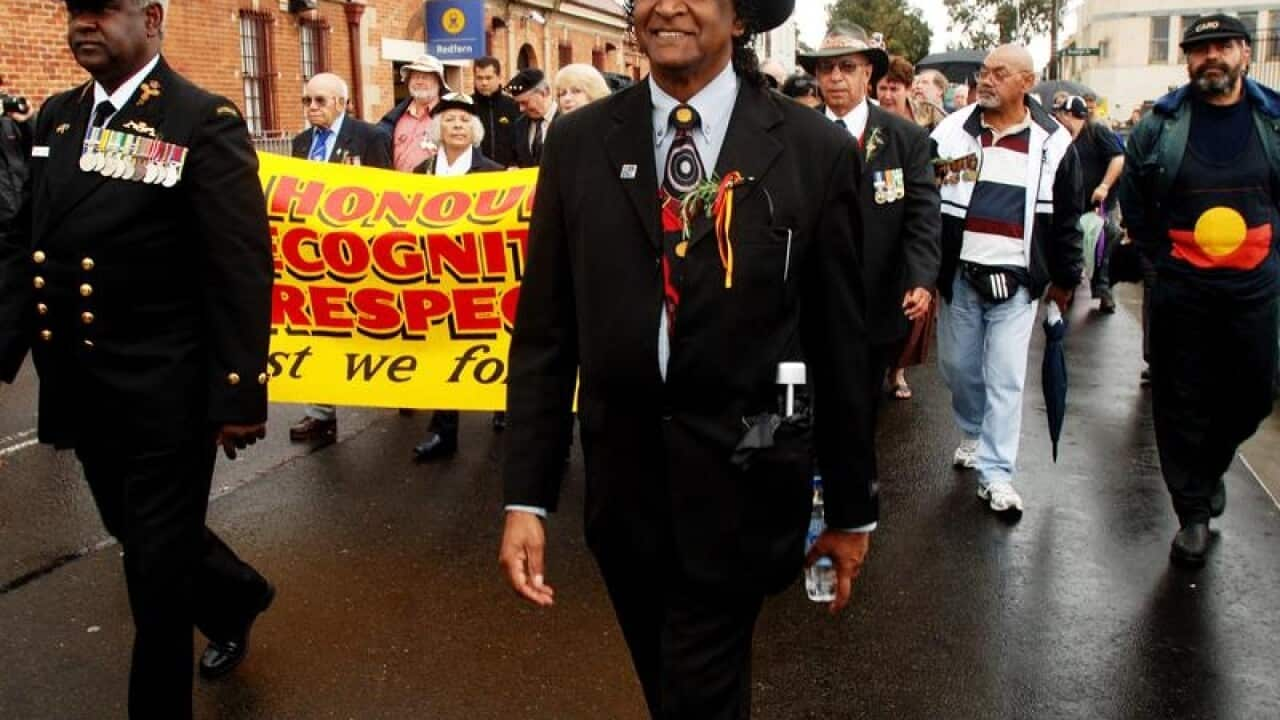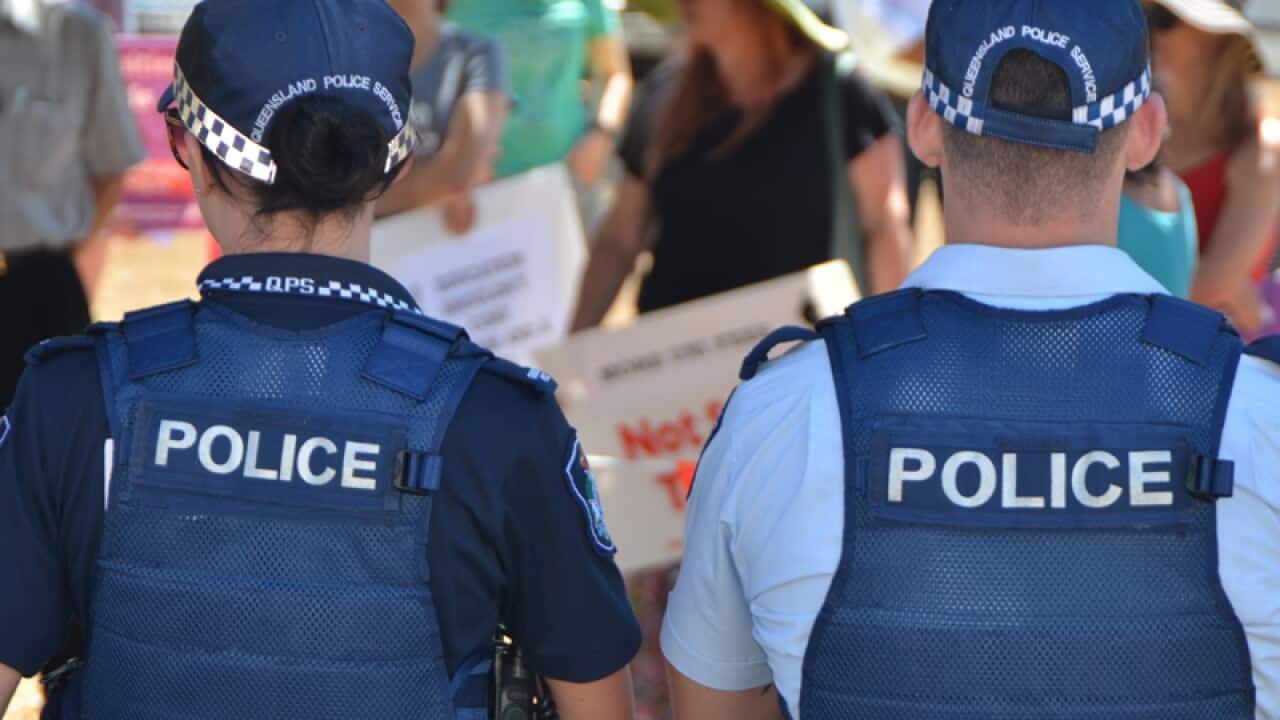After 18 months of consultations and discussion the former and recommends a constitutionally entrenched "Voice to Parliament" in the form of a national Indigenous representative body.
This is the only change to the constitution that the report recommends and that would be taken to a referendum. The Referendum Council said the Voice to Parliament emerged as the "preferred option" in their community consultations.
The report also called for a separate declaration of recognition, outside of the constitution: "Containing inspiring and unifying words articulating Australia's shared history, heritage and aspirations".
The 183 page document also supported the idea from May's Uluru Convention for a Makarrata Commission, separate to the Voice to Parliament, to supervise the process of agreement making between governments and First Nations, and facilitate truth-telling of First Nations' histories.
Council co-chair Mark Leibler said the proposal for the referendum was designed to be as straight forward as possible.
"Any referendum has to have a simple question... you couldn't have anything more simple than what we propose," he said.
"The other thing is, there is absolutely zero interference with parliamentary sovereignty... because this body will no right of veto, not only that, the parliament itself will define how the body is going to be constituted and how it will operate."
He added that before the consultation process began it was not clear if the Indigenous community wanted constitutional change at all.
"We needed to know if this was something (the community) wants... or if they don't want it at all." Fellow co-chair Pat Anderson said the report aimed to reset the relationship between Indigenous Australia and the rest of the country.
Fellow co-chair Pat Anderson said the report aimed to reset the relationship between Indigenous Australia and the rest of the country.

"This report is about redistributing power and resetting our relationship once and for all," she said.
Prime Minister Turnbull said today at the release of the report: "We’re not here to make a decision, the purpose of our meeting is to discuss with you the recommendation made."
"This also shows that the discussion about recognition has been going on for some time."
"We started the process with five options and we note that [the advice] has not provided a shortlist and while it has considered the work of the expert panel and the select committee, very thorough work; it’s essentially rejected the recommendations of those two groups."
He added it was "short on detail" but contained a big idea for the future to be considered.
Ms Anderson said Indigenous Australians had been: "Saying these things from the beginning" about having a voice to parliament.
Mr Turnbull said that any final change would be a matter for the Australian people.
“The constitution cannot be changed by parliament, only the Australian people can do that, so there is no political deal, no cross party, no leader’s handshake,” he said.
Opposition leader Bill Shorten said: "A bipartisan approach is the best way forward".
"It’s been hard work and we appreciate your wise counsel. Hundreds of people, indeed thousands of people have participated in referendum and made submissions about what reconciliation and recognition means to them."
The report was handed to the Prime Minister and Leader of the Opposition, two weeks ago by the now-disbanded Referendum Council.
The question of whether a referendum will be held to formally recognise this country's First Peoples in the constitution, is still largely unanswered but the report sheds more light on the outcomes from community consultations. In May the Referendum Council announced , a Yolgnu word for treaty, and a truth and justice commission. Their final report was then passed to Prime Minister Malcolm Turnbull and Opposition leader Bill Shorten
In May the Referendum Council announced , a Yolgnu word for treaty, and a truth and justice commission. Their final report was then passed to Prime Minister Malcolm Turnbull and Opposition leader Bill Shorten

Delegates at the Uluru forum. Source: NITV
The report has been a long time coming; from John Howard's promise in 2007 to hold a referendum, to the Gillard government's establishment of an Expert Panel in 2011.
Since then there has been a change in government, the appointment of a joint committee of Parliament, and two separate reports.
Then came the establishment of the Referendum Council in 2015 and a series of regional dialogues, which culminated in the convention at Uluru in May.
It's the statement that came out of that convention and dialogues with around 1500 members of the community which has informed the contents of this latest report.











